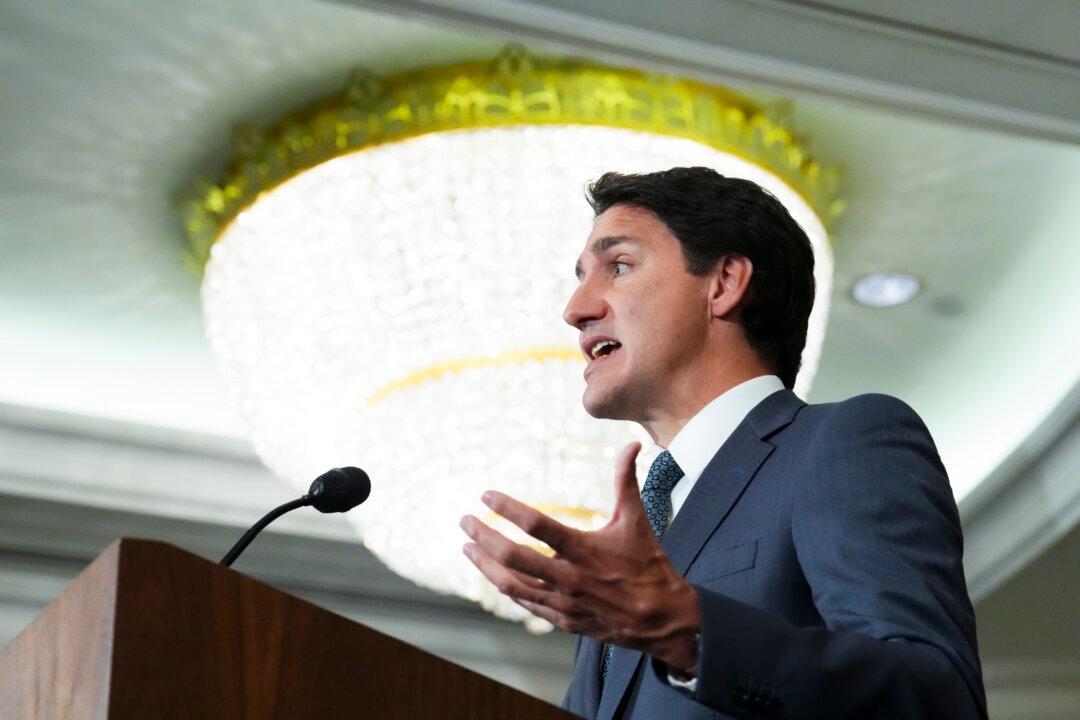Prime Minister Justin Trudeau says he is very motivated to testify before the newly-launched public inquiry into foreign interference.
While speaking to reporters in Singapore on Sept. 7, Mr. Trudeau said he would “willingly” testify and with “very, very much enthusiasm.”





